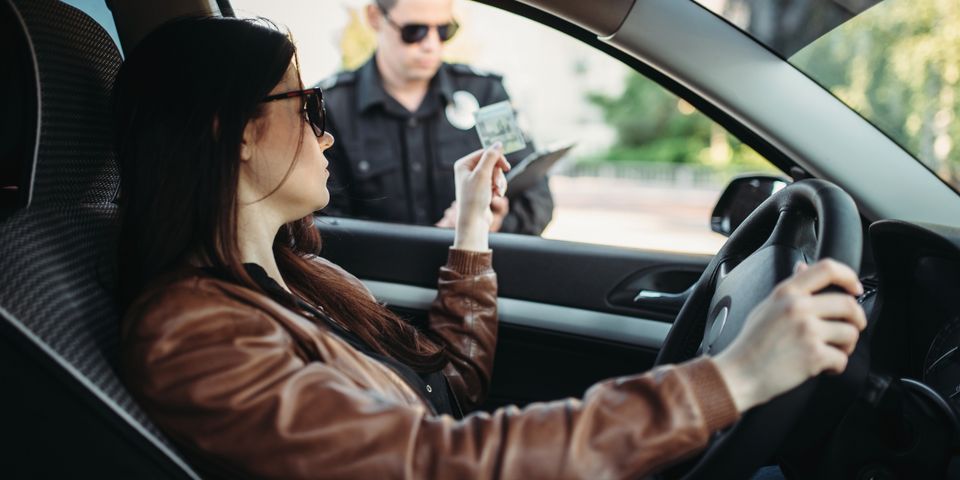
States have the right to establish consequences for a DWI charge. Depending on the relevant laws and any prior incidents, a driver can expect a fine, license suspension, and an eventual jail sentence for repeat offenses. Consulting a lawyer can help you mount an effective defense to reduce these penalties. This guide outlines some common methods attorneys use when arguing these cases.
How Do Lawyers Contest DWI Charges?
1. Improper Procedure
Police officers must follow specific instructions when administering field sobriety tests. If they don't follow the correct procedures, they might misinterpret the motorist's actions as signs of impairment. This would be the case, for instance, if a driver stumbles during the walk-and-turn test because they were told to walk on damaged or uneven pavement or a slippery wet surface. The prosecution's case could also be jeopardized if an officer requested tests that aren't recognized by federal law or the National Highway Transportation Safety Administration, such as reciting the alphabet or balancing on one foot.
2. Medical Condition

Motorists must submit to breathalyzer tests during a DWI stop, but it is possible for a person's physiological traits to affect the accuracy of the results. A person with diabetes, for example, has high levels of acetone in their respiratory system. The breathalyzer machine might mistake this compound for alcohol particles in the lungs, triggering an inflated reading. If the driver can prove they have a medical condition that may have affected the test results, the court may dismiss their case.
3. No Vehicle Operation
In New York, a person can face DWI charges, even if they weren't driving the vehicle at the time of the arrest. For a conviction, the prosecution must prove the defendant had the intent or opportunity to operate the vehicle. This would include a motorist falling asleep in the driver's seat with the key in the ignition or the headlights on. An attorney could try to prove their client was not in the position to operate the non-moving vehicle based on where they were seated in the car, the position of gears, and whether the car was in a publicly accessible location.
If you have questions about a DWI case, reach out to Fiandach & Fiandach in Rochester, NY, for assistance. Since 1979, the firm has provided legal guidance to clients throughout Monroe County, focusing on traffic violations and alcohol-related incidents. Visit them online for more information about their experience with DWI cases, and call (585) 400-4DWI (4394) to schedule a consultation.
About the Business
Have a question? Ask the experts!
Send your question

